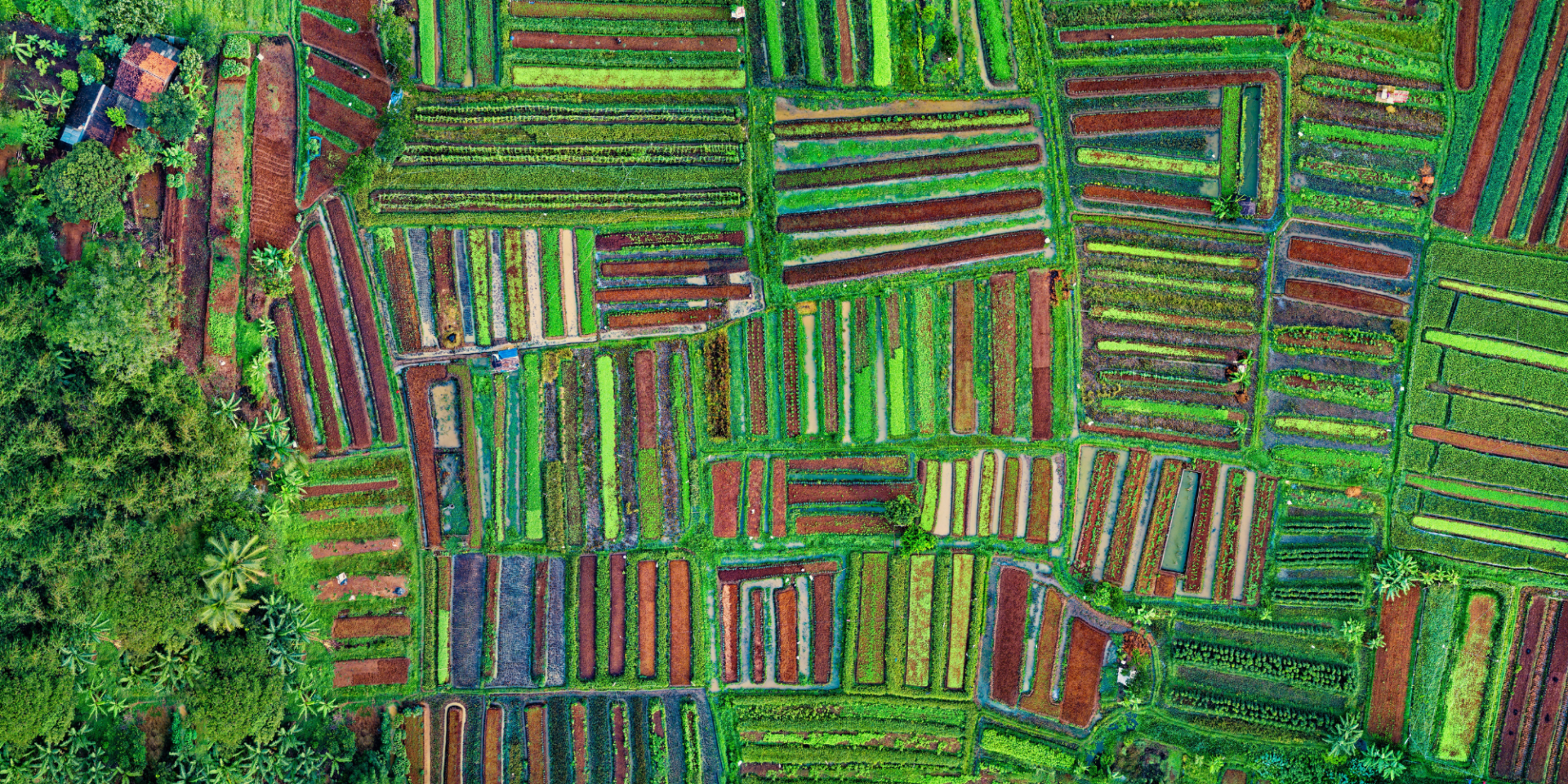Sustainable Impact and AMR
AMR is a One Health challenge, spanning human and animal health as well as the environment. It is a global development issue that poses a serious threat to achieving the Sustainable Development Goals (SDGs). Without urgent action, AMR could push an additional 24 million people into extreme poverty by 2030 and lead to an 11% decline in livestock production in LMICs by 2050.
Given the severity of the issue, ensuring the sustainability and long-term impact of supported AMR interventions is essential to reducing its widespread consequences. However, defining ‘sustainable impact’ can be challenging as it can vary significantly depending on the context, sector, and stakeholder priorities within which the intervention takes place. Different sectors often interpret sustainability based on their specific goals, leading to diverse and sometimes conflicting understandings of the term. Leach, Scoones, and Stirling (2010) discuss how sustainability is not a fixed or universally agreed-upon term, but rather shaped by different narratives and priorities, particularly in complex fields like health and environment.
At ICARS, rather than depending upon a single definition of sustainable impact, we have identified several elements of sustainable impact, which resonate with the different projects we are supporting and the varying contexts within which we implement them. These include:
- Continuation, we aim to see the intervention and/or the benefits of that intervention continue to benefit the specific system, community or environment after the project or intervention has ended
- Maintenance, we aim to ensure that the benefits of the intervention do not diminish over time
- Improvement, we aim to ensure that the positive effects of the intervention will evolve and get better over time
- Post-project financial stability and independence, we aim to see a target system or community that can independently sustain the benefits whether through building local capacities, continued resources and/or knowledge
- Policy integration and scale up, we aim to ensure that the practices or innovations become translated into actionable change (knowledge translation), embedded within policies and practice, and expanding to other communities and stakeholder groups nationally and regionally
Ultimately, we believe that to achieve sustainable impact, AMR solutions must be integrated into broader development decision-making systems, with multi-disciplinary and multi-stakeholder engagement, capacity strengthening, and continuous funding, monitoring, learning and adaptation.
Purpose of the RFP
The purpose of this Request for Proposals (RFP) is to support a single project to develop a comprehensive resource guide on how to ensure sustainable impact of AMR solutions. This resource will provide projects with a variety of approaches and strategies to maximise their impact, ensuring ongoing benefits and guiding through the project cycle and beyond. This resource should consider all stages related to the identification of interventions, their prioritisation and contextualisation to the local setting, proof of implementation in the relevant context, including their sustained/ongoing effectiveness, barriers, enablers and cost, and sustained implementation.
Scope of the RFP
To achieve this purpose, the supported project is expected to conduct a comprehensive analysis of existing frameworks and practices that guide and assess the sustainable impact of interventions (policies, programmes, and practices) within human, animal, or environmental health domains. Examples of these might include frameworks developed for tobacco control, livelihoods generation, access to finance/banking systems, climate resilient farming and air pollution among others. Where possible, the relevance of existing frameworks (and examples of their use) should be explored where they have potential relevance to AMR-sensitive and AMR-specific interventions. The resource should focus on frameworks that have proven effective in ensuring long-term sustainability post-implementation in LMIC settings. In addition, it is expected that broad principles of economics and behaviour change, as they apply to achieving sustainable impact, are incorporated into the analysis. Specifically, this could include strategies that investigate Cost-Benefit Analyses (CBA), economic sustainability and financial viability of interventions, and resource allocation. Regarding behaviour change, this could include looking at behaviour change models that guide changing behaviours and behavioural economics.
The total budget is 150,000.00 USD for a duration of 12 months.
Templates and process
Download all the relevant documents below:
The deadline for submissions is 15 November 2024 23:59 CET.
Interviews for shortlisted applicants will take place during the weeks of December 2nd and December 9th.
For any specific questions related to this RFP, please reach out to Lisa Haagensen through the email: Sustainableimpact@icars-global.org

